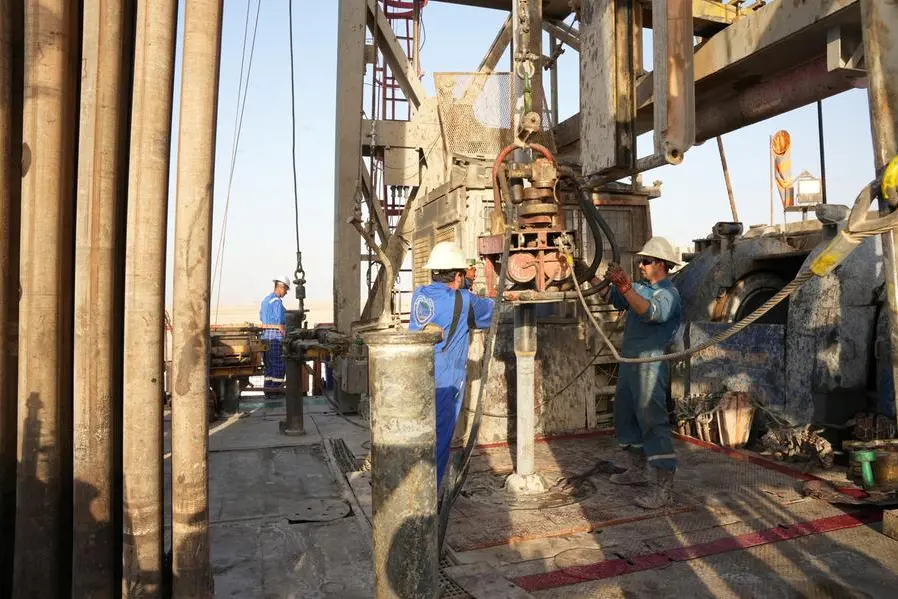PHOTO
At least three oil licenses in the semi-autonomous Kurdistan region of northern Iraq are shut in or running at reduced rates on Wednesday following a halt to the northern export pipeline, company statements showed, with more outages on the horizon.
Iraq was forced to halt around 450,000 barrels per day (bpd) of crude exports, or half a percent of global oil supply, from the Kurdistan region (KRI) on Saturday through a pipeline that runs from its northern Kirkuk oil fields to the Turkish port of Ceyhan.
The stoppage has helped boost oil prices in recent days back to near $80/bbl.
Turkey stopped pumping Iraqi crude from the pipeline after Iraq won an arbitration case in which it said Turkey had violated a joint agreement by allowing the Kurdistan Regional Government (KRG) to export oil to Ceyhan without Baghdad's consent.
Oil firms operating in the KRI are being forced to halt output or move production into storage, which many say will reach capacity within days, as talks drag between Turkey, Baghdad and the KRG to resume exports.
Norwegian oil firm DNO said on Wednesday it had begun shutting down production at its Tawke and Peshkabir fields, where production averaged 107,000 barrels per day (bpd) last year. This represents a quarter of total Kurdish region exports, DNO said.
Genel Energy, a partner in the fields, said: "Peshkabir production was halted last night and plans drawn up to conduct deferred maintenance. Tawke production shutdown has started but will take an additional day or so."
Canada-based Forza Petroleum, formerly Oryx Petroleum Corp, was forced to shut in production earlier this week from the 14,500 bpd Hawler license, which produced an average 13,700 bpd in January and February.
Genel Energy's remaining assets in KRI continue to flow into storage, the firm said. Production from its Sarta field can flow into storage until the end of the week, while tanks can hold production from Taq Taq until around April 21, a company spokesperson said on Wednesday. The fields produced a respective 4,710 bpd and 4,490 bpd last year.
Gulf Keystone has reduced production at the Shaikan oil field, which previously produced around 55,000 bpd, and said on Monday it would suspend production after a few days. The company declined to comment on current production levels.
Dallas-based HKN Energy, which operates the Sarsang block, said on Monday it would shut in operations "within a week if no resolution is reached" as its storage facilities approach capacity. The block produced 43,048 bpd in the fourth quarter of last year.
(Reporting by Rowena Edwards; Editing by David Holmes)





















